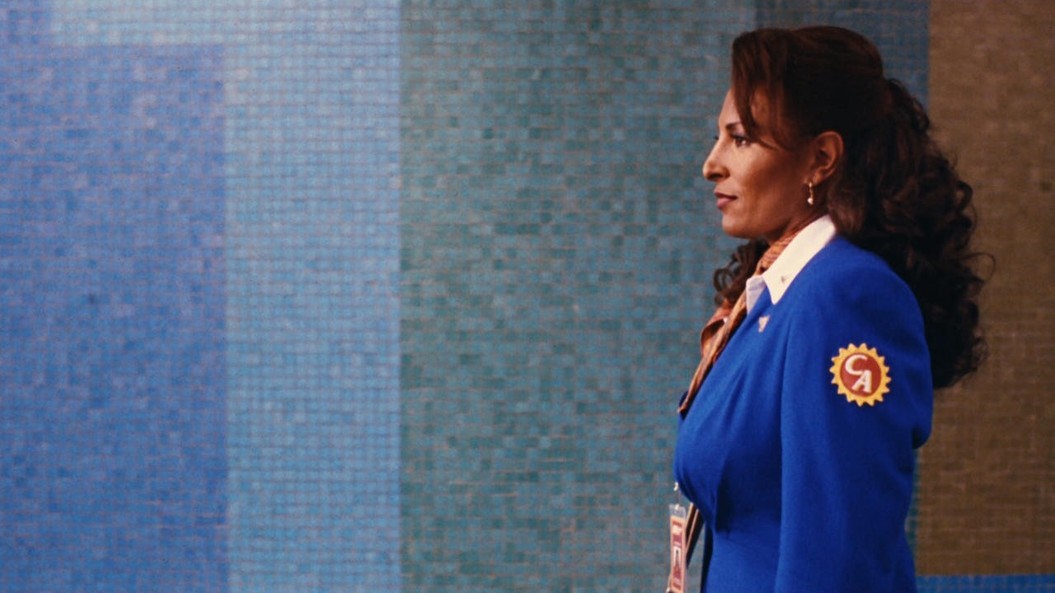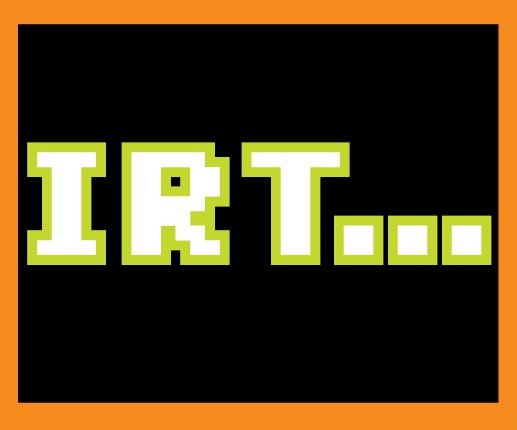On the surface, Jackie Brown sure looks like a Blaxploitation movie. It features Pam Grier for starters, the subgenre-icon who famously embodied the entire movement in films like Coffy, Bucktown and of course, Foxy Brown. Expletive-spitting arms dealer Ordell Robbie (played by Director Quentin Tarantino’s good luck charm Samuel L. Jackson) provides the lowlife crime element that featured heavily in similar films of the 70s. Even the sound of it screams Blaxploitation with its street-smart mixtape of transportational funk, R&B and soul pulsing throughout. However despite all this Tarantino has assured us that Jackie Brown doesn’t belong in this genre - and on closer inspection it’s clear that he’s right.
Hot off the success of his first two movies, 1997’s Pulp Fiction follow-up saw Tarantino remain in the world of pulp to helm his first - and so far, only - adaptation. Taking Elmore Leonard’s crime novel Rum Punch as his inspiration, the Director quickly injected his own personality into the story of a drug smuggling airline stewardess drawn back into business for one last job. His translation process turned the film’s titular heroine from white to black and her surname from Burke to Brown - however almost all other aspects of Leonard’s crime thriller remained intact.
The most notable of which is surely Max Cherry (Robert Forster), the LA bail bondsman with a heart of gold who’s seen it all. Through Cherry, Tarantino is gifted the opportunity to subtly indulge in some classic noir tropes and mash together two cinematic worlds which rarely - if ever - collide. Cherry feels out of step with the movie he’s in, sat in a shabby, run down office that screams 1940’s gumshoe far more than his contemporary LA surroundings. He’s a nice guy in a bad line of work and it’s during a key conversation with Jackie (who’s fast becoming his femme fatale) where he comes to a key realisation. “Why am I doing this?” he asks, “19 years of this shit?”
Max is tired, world weary and surprised by nothing, like many noir PI’s that have came before him. The way he sees it, his future involves either dying LA’s last remaining good guy or living long enough to break bad himself and it’s here where Jackie tests his will with an alluring proposition. “If you could walk away with half a million dollars,” she asks, “would you take it?” It’s an offer that would drastically change his world, removing him from his pokey office and LA’s petty crime scene and introducing this nice guy to a potentially nice future - if he’s ready to grab it.
As the jangly chords of Bobby Womack’s “Across 110th Street” starts to play, signifying both Cherry’s decision and the film’s climax, we come to the stark realisation that his world hasn’t changed at all. Tarantino’s return to the same track that opened Jackie Brown is a harsh reminder of things coming full circle, with that noir motif stepping fully into the spotlight. Here, the good aren’t always rewarded and sometimes, crime does pay. Max Cherry may not belong in Jackie Brown’s empowered Blaxploitation world but make no mistake: he’s right at home in The Dark Page.
The Dark Page runs at HOME Manchester from Sun 5 Aug - Wed 5 Sep. Find out more here.


 RSS Feed
RSS Feed
